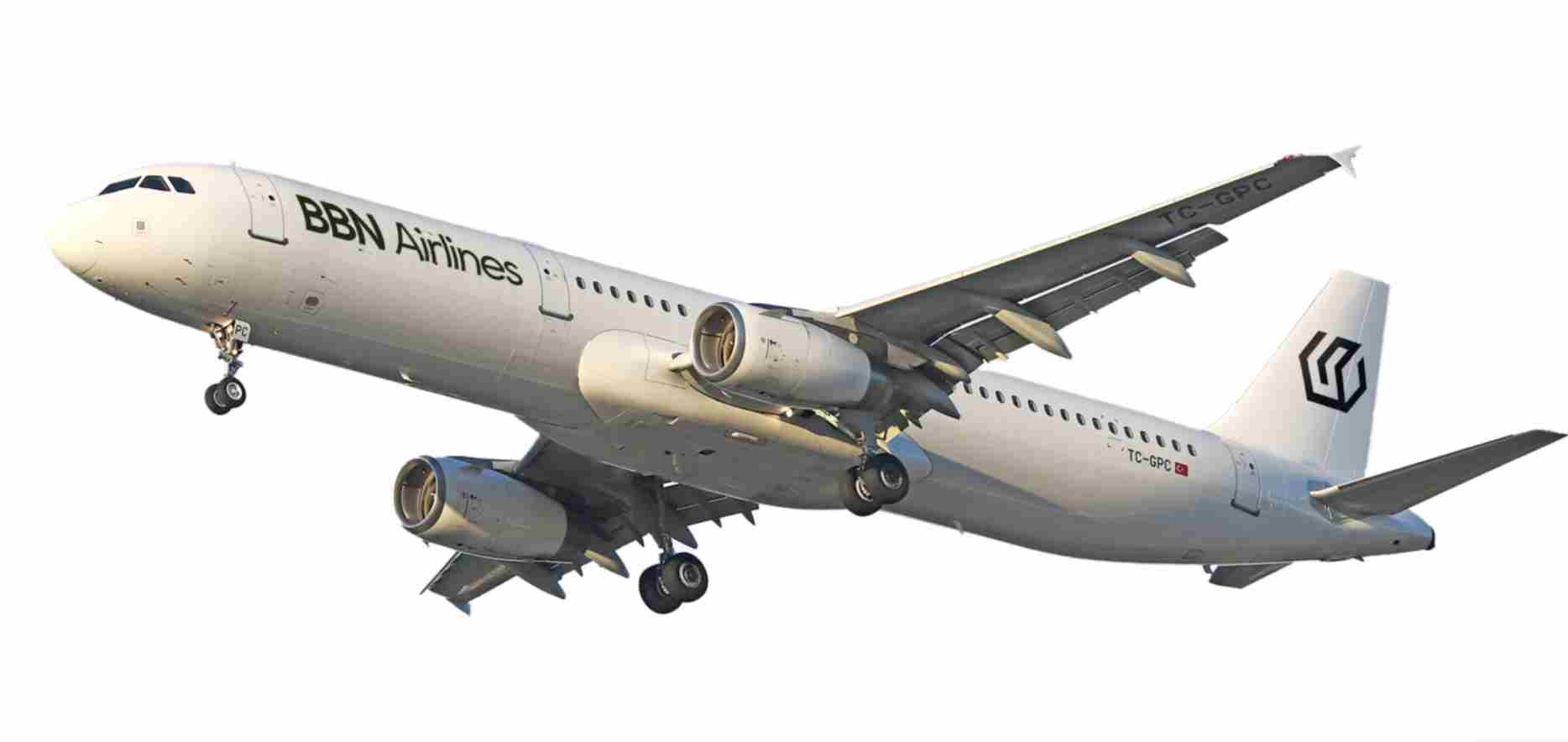Turkish BBN Airlines has formally submitted a request to the U.S. Department of Transportation (DOT) for authorization to operate flights to the United States. This marks a significant step in the carrier’s ambition to expand its global footprint, particularly in the competitive U.S.-Turkish aviation market.
Promoting Competition and Consumer Choice
In its application, BBN Airlines emphasizes its commitment to increasing consumer options and fostering healthy competition in transatlantic travel. The airline aims to contribute to a more diversified aviation market, offering services that cater to both passenger and cargo needs between Turkey and the United States.
A Growing Airline with Diverse Services
Founded in 2021, BBN Airlines began operations in March 2022, initially focusing on wet-lease and charter flights. Over a short period, the airline has established a presence in both passenger and cargo markets. With a fleet of nine aircraft, including seven-passenger jets (five Airbus A321s and two A320s) and two A321 freighters for cargo, BBN offers versatile service options. Most of its fleet is leased, with a single A320 being directly owned by the airline.
The airline operates passenger flights primarily from Istanbul’s secondary Sabiha Gökçen Airport and Antalya Airport, while Istanbul Airport is utilized for its cargo operations. This strategic use of multiple hubs positions BBN to capture both domestic and international demand effectively.
Ownership and Compliance
BBN Airlines ensures compliance with Turkish aviation regulations through its ownership structure. Barbas Invest, an Irish-based entity owned by Turkish national Ümit Baskırt, holds a 51% majority stake. The remaining 49% is owned by Lithuanian-controlled investment entities, reflecting a blend of Turkish and European interests.
Strategic Vision for the U.S. Market
BBN’s request to the DOT aligns with its broader growth strategy of establishing a transatlantic presence. The airline aims to capitalize on its expertise in charter and wet-lease services, offering flexible and competitive options in the U.S.-Turkish aviation sector. The proposed operations would leverage the airline’s existing hubs in Turkey to connect travelers and businesses to new opportunities across the Atlantic.
Fleet and Capabilities
BBN’s fleet composition highlights its adaptability. The passenger aircraft—comprising Airbus A320s and A321s—are well-suited for medium- and long-haul flights, while the cargo-configured A321s cater to growing demand for air freight. This dual focus allows BBN to address a diverse range of market needs effectively.

